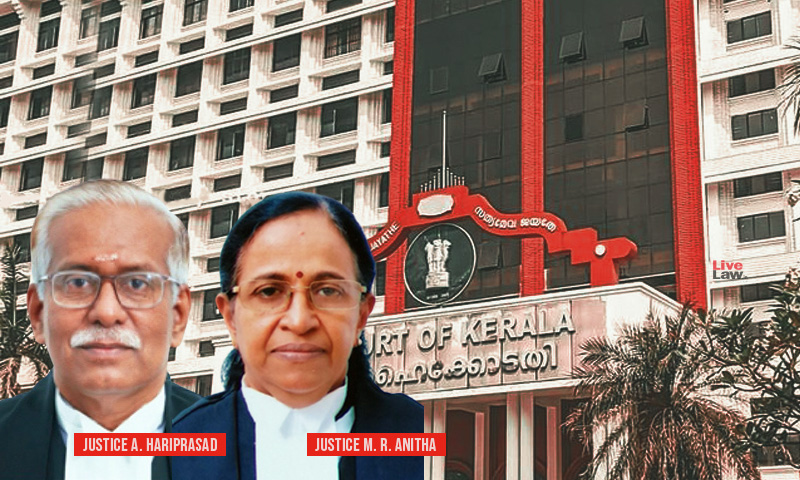Settling divergent views expressed by different single bench decisions, a division bench of the Kerala High Court has held that in cases related to adulteration of toddy, the accused has no legal right to seek the chemical analysis of 'B Sample'.As per Rule 8 of the Kerala Abkari Shops Disposal Rules, two samples of toddy should be taken in cases of suspected adulteration. The sample labelled...

